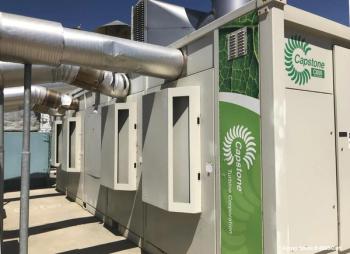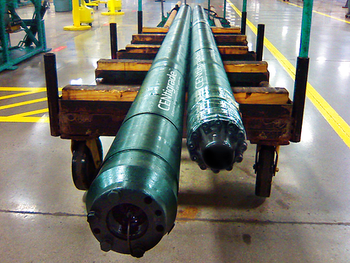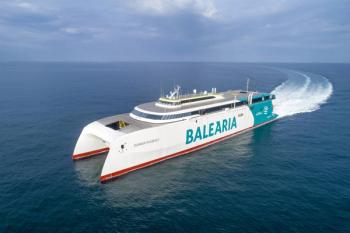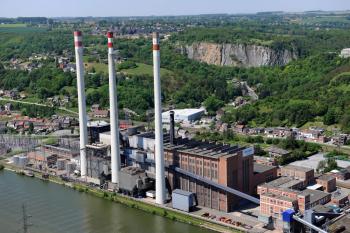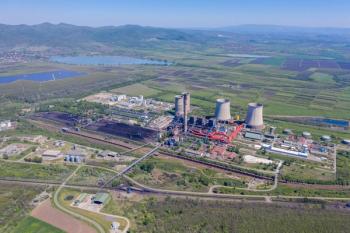
RMS Boosts its Maintenance and Repair Abilities via Precision Engineering
John Bartos, CEO of RMS, says acquiring precision engineering, advanced metrology, and more allows the company to provide end-to-end solutions.
In mid-October,
John Bartos, CEO of RMS, spoke about the acquisition, what BSU brings to the table, and how its advanced metrology, material expertise, and scanning methods bolster RMS’ ability to provide custom solutions.
Turbo: How does BSU enhance RMS’ portfolio of services as well as its operations and product offerings?
Bartos: BSU strengthens RMS’ portfolio through its precision-engineering capabilities. BSU’s expertise in producing blades for gas turbines, steam turbines, and compressors adds a dimension to RMS’s aftermarket services. Its ability to create both OEM-quality blades and custom solutions for specialized needs helps RMS expand its offerings, particularly in turbine maintenance and repair.
This integration allows RMS to provide end-to-end solutions, from engineering analysis to blade manufacturing, all under one roof. By leveraging BSU’s precision engineering, we not only enhance our operational efficiency but also ensure higher levels of quality control across our product lines, enabling faster turnaround times and improved customer service.
Turbo: What primary methods are used by BSU to produce blades for gas turbines, steam turbines, and compressors?
Bartos: BSU employs a range of manufacturing techniques to produce high-quality blades, including precision machining, advanced metrology, and material expertise. The process starts with detailed 3D modeling and computer-aided design (CAD) simulations, ensuring that each blade is designed to the highest specifications. Computer numerical control machines are then used to craft blades from high-grade alloys, maintaining the tight tolerances required for optimal performance.
In addition, BSU utilizes advanced inspection methods, including laser scanning and coordinate measuring machines, to ensure that each blade meets the stringent quality standards expected by our customers.
Turbo: How are BSU’s metrology techniques applied to blading manufacture?
Bartos: BSU’s use of metrology is an advantage particularly when original documentation or OEM specifications are unavailable. By leveraging 3D-scanning technologies, BSU can capture the geometry of existing blades. This data is then used to create detailed CAD models that serve as the basis for manufacturing new blades with the same or improved performance characteristics. Reverse engineering also allows RMS and BSU to analyze wear patterns and optimize blade designs for extended lifecycle performance, providing customers with tailored solutions that improve the reliability and efficiency of their turbomachinery.
Newsletter
Power your knowledge with the latest in turbine technology, engineering advances, and energy solutions—subscribe to Turbomachinery International today.

